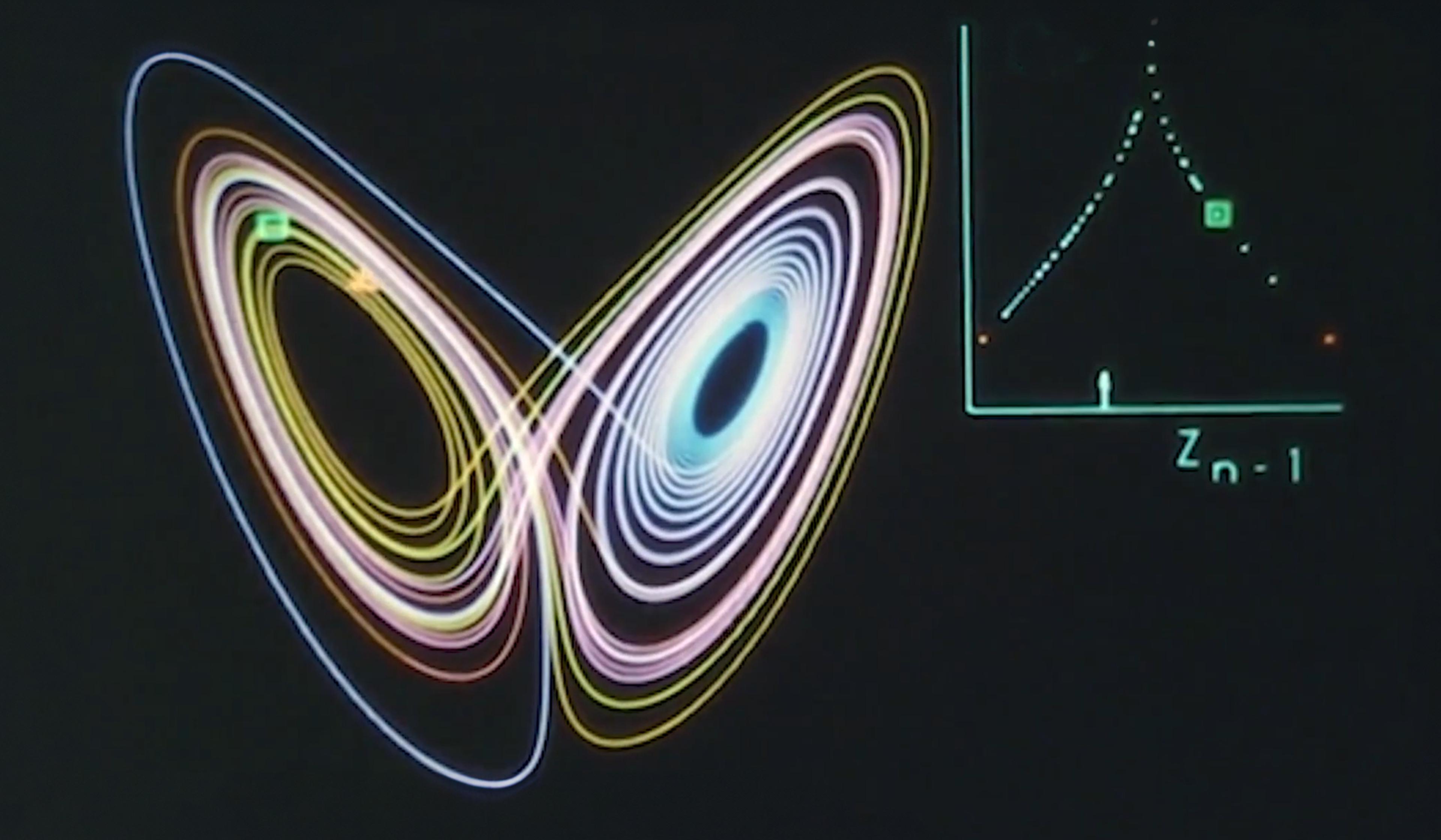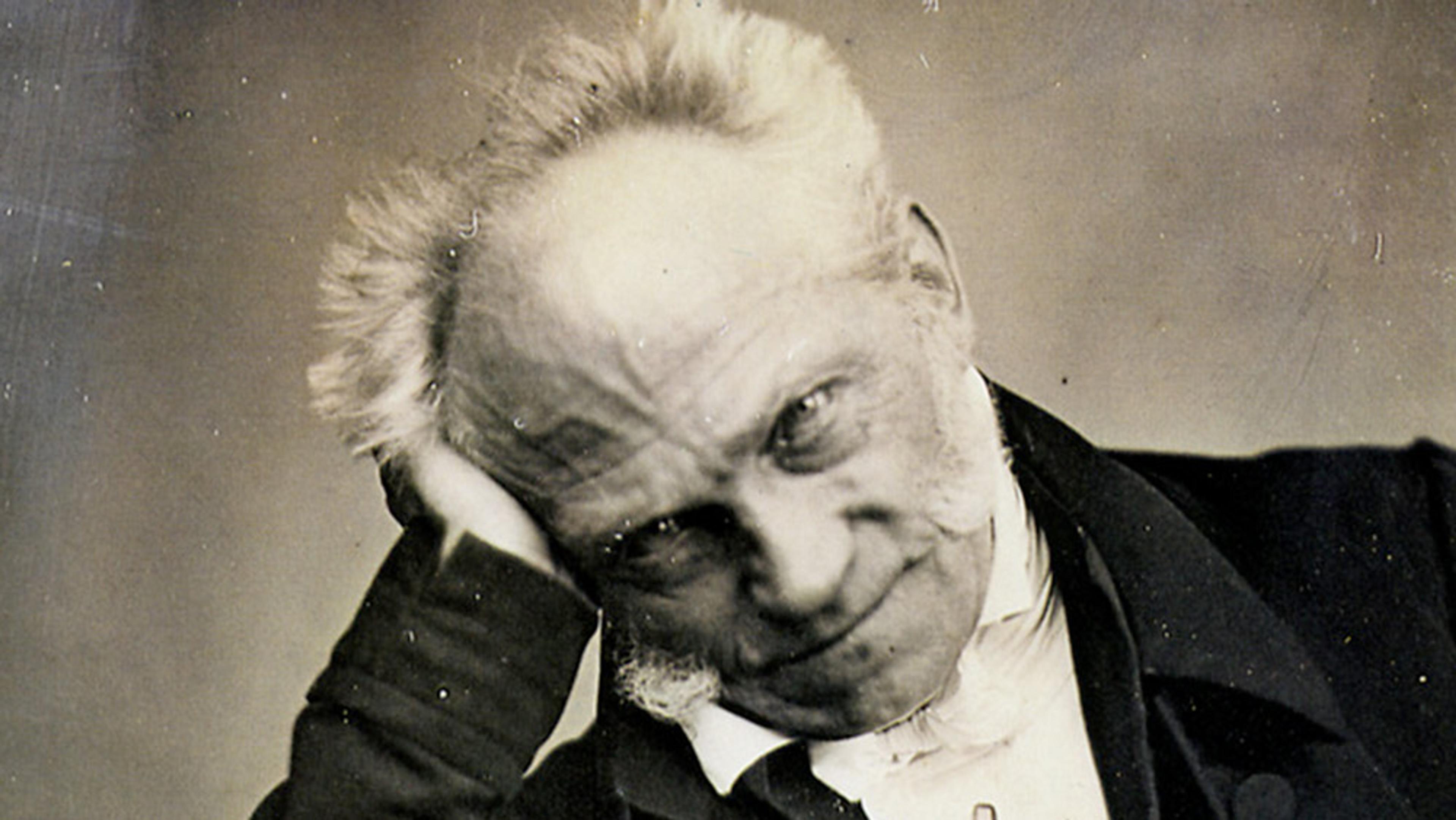With a worldview formed amid the unfathomable human suffering of the early 20th century, Albert Camus’s writings reflect on the inherent absurdity of the human condition, including his best-known work, the novella The Stranger (1942). But the arc of his career, from his ‘cycle of the absurd’ and his ‘cycle of revolt’ to his ‘cycle of love’ – left unfinished after Camus himself met a rather meaningless end in a car accident – points towards a humane philosophy, centred on a defiant pursuit of freedom and value in a futile, incomprehensible universe. This animation from TED-Ed scopes Camus’s career, outlook and cultural influence, shedding light on how, where he might have found hopelessness, he instead found inspiration. For more on Camus’s life, including how his worldview clashed with those of his existentialist contemporaries, watch the Aeon original animation Sartre vs Camus.

videoHistory of ideas
How did the 20th century’s most glamorous intellectual friendship go wrong?
3 minutes

videoPolitical philosophy
Sartre and the existential choice: ‘In fashioning myself, I fashion humanity’
2 minutes

videoPolitical philosophy
‘I’m against all forms of oppression’: Simone de Beauvoir, in her own words from 1959
40 minutes

videoLove and friendship
Why Sartre believed that the person in love could never be free
2 minutes

videoThinkers and theories
Henri Bergson on why the existence of things precedes their possibility
3 minutes

videoFilm and visual culture
‘What’s going on?’ How seeking meaning is futile in the Coen Brothers’ universe
8 minutes

videoMeaning and the good life
‘Everydayness is the enemy’ – excerpts from the existentialist novel ‘The Moviegoer’
2 minutes

videoThinkers and theories
The intellectual legacy of philosophy’s greatest pessimist: life is suffering, art is supreme
44 minutes

videoKnowledge
True mastery demands going beyond the rules to learn for yourself
15 minutes